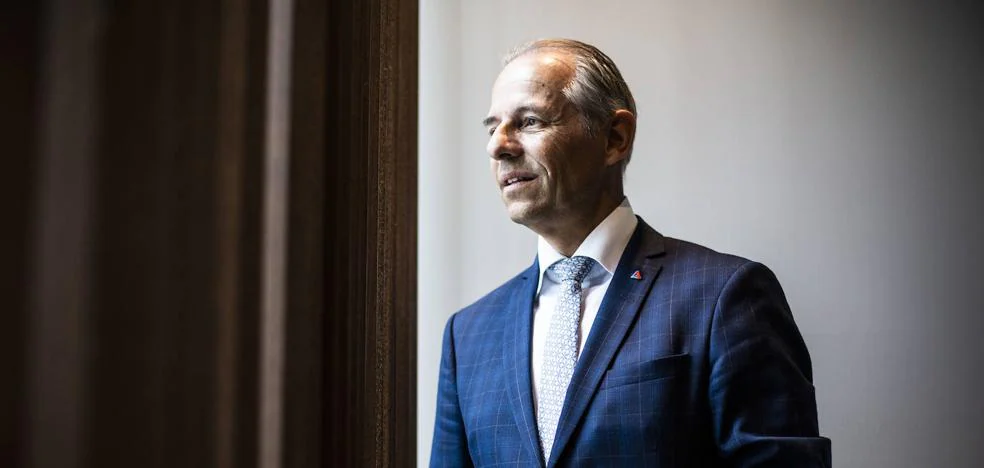Opens to put a limit on all gas used to generate electricity as an emergency measure to curb price escalation
The European Commission is now open to the possibility of applying the so-called ‘Iberian exception’ across the EU to curb gas prices caused by the war in Ukraine. This follows from a document to which this newspaper has had access and which will serve as the basis for the discussions that will take place tomorrow in the framework of the extraordinary Energy Council of Brussels. The Community Executive proposes as a possible solution to impose a limit on gas used for electricity generation, so that this price is not passed on to the entire energy sector.
The text points to a mechanism “based on Member States’ experience”, which would temporarily limit “the impact of high gas prices” on the electricity market. In the same way, it emphasizes that the difference in the cost of that energy from the market price “will be taken over by the European countries” and that this will serve to reduce the electricity bill.
For example, the European executive is trying to “limit the influence of Russia’s supply manipulation” while reducing Putin’s benefits to finance his war in Ukraine. This mechanism “can only function” as part of an “integrated and coordinated intervention” by all states, the document emphasizes. The proposal comes just a day after a letter from a dozen long-standing countries – including Spain – to limit gas prices at the community level.
Energy saving is in any case a “fundamental part” of the European emergency plan. The continent wants to reduce its gas consumption by 10% compared to the previous five years, in order to better cope with this and next winter. This reduction should be made mandatory in the event of a European alarm due to a severe supply shock and will be maintained in the coming winter seasons.
The Commission hopes to reach a political agreement to reduce electricity consumption at European level by 10% and at peak times by 5%. It is expected that this proposal will be accompanied by flexibility measures, adapted to the realities of each Member State.
So far, the efforts of all European countries have made it possible to fill gas reserves to 86.7% of their capacity. In the event of a complete lockdown by Moscow, the EU “could face” a winter no colder than usual.
As of now, the EU is committed to deepening relations with “trustworthy partners” who supply gas to the bloc. In this sense, the continent has evolved from importing 40% of its gas from Moscow to 9%, and Norway has become Europe’s main supplier. The EU also relies on the new gas pipeline inaugurated this week, which will connect the Scandinavian country with Poland and Denmark and allow up to 10,000 million cubic meters of gas to be transported per year.
The debate of European energy ministers will also focus on the cap on the benefits of infra-marginal energies (nuclear and gas) and on the ‘solidarity tax’ on fossil fuel companies. The idea is that these revenues will be used to protect the most vulnerable consumers and businesses from the energy crisis. The Brussels proposal must have the approval of the Twenty-seven in order to be applied.
Source: La Verdad
I’m Wayne Wickman, a professional journalist and author for Today Times Live. My specialty is covering global news and current events, offering readers a unique perspective on the world’s most pressing issues. I’m passionate about storytelling and helping people stay informed on the goings-on of our planet.



